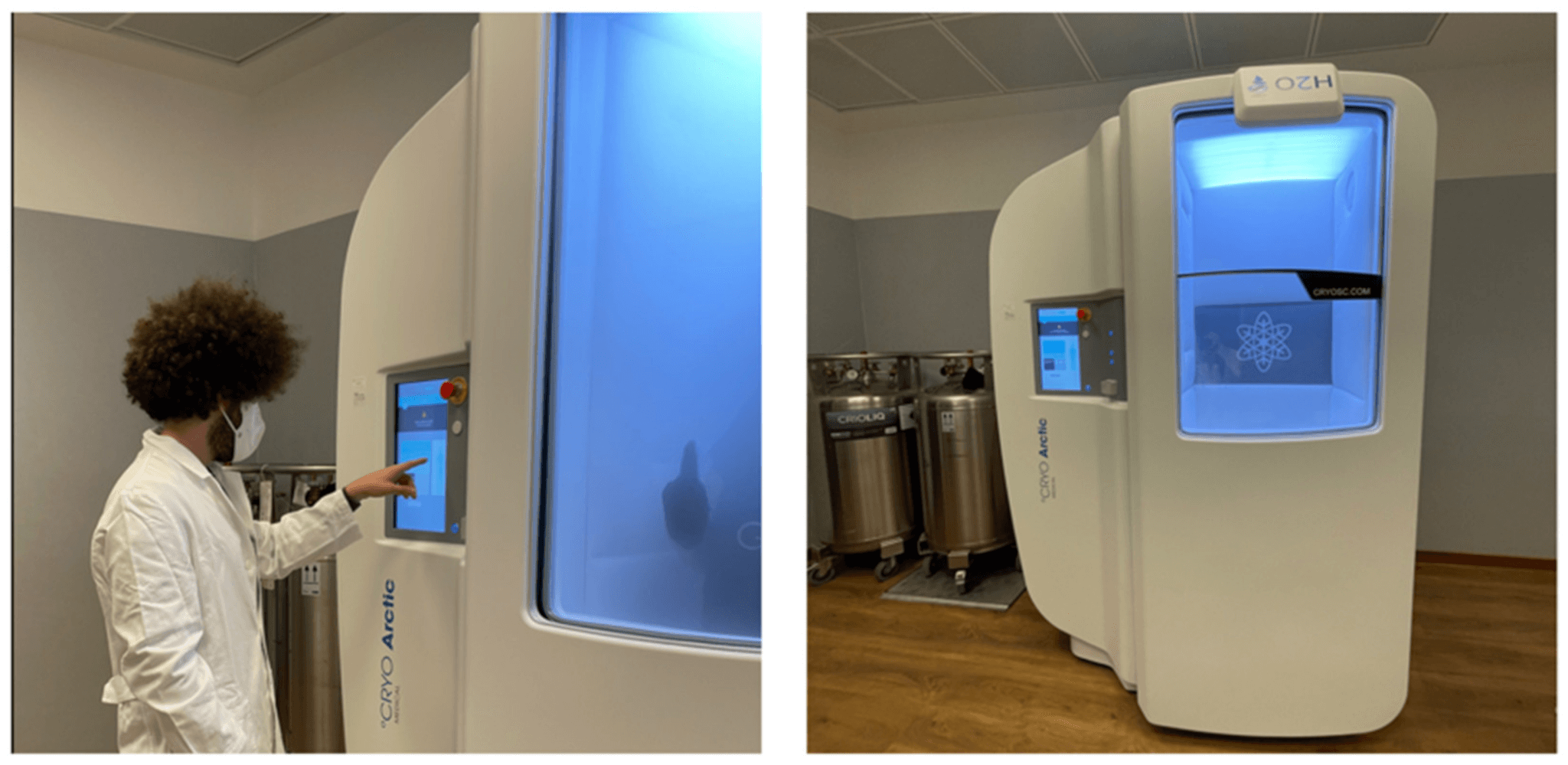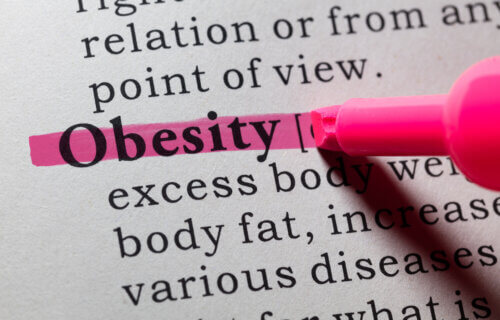DUBLIN, Ireland — There is no real shortcut to getting healthy, but just two minutes in the cold can at least help a person’s weight loss journey. New research suggests whole body cryostimulation therapy — exposing all or part of the body to cold temperatures — helps people with obesity become healthier.
Individuals living with obesity showed twice the improvement in cholesterol levels and other blood fat measurements after undergoing extreme cold therapy for a short period of time in comparison to people not receiving this treatment. They also showed a significant drop in waist size and blood sugar levels.
Whole body cryostimulation “can increase the activity of the parasympathetic nervous system, as well as act as a novel anti-inflammatory and antioxidant treatment, which together can have beneficial effects on body composition including the proportion of adipose tissue,” explains Jacopo Fontana, a researcher at the Istituto Auxologico Piancavallo IRCCS in Italy, in a media release.
The treatment has also been helpful as an additional therapy for other conditions such as rheumatoid arthritis, fibromyalgia, multiple sclerosis, inflammatory musculoskeletal conditions, and long COVID. The current study looks at its potential helpfulness with weight loss.
The team recruited 29 obese participants who were hospitalized for a rehab program that included diet and exercise. They randomly selected some of the patients to be part of a group which underwent 10 two-minute whole body cryostimulation sessions over two weeks. These treatments dropped the temperature to -110 degrees Celsius in a cryochamber. The control group consisted of people receiving the same rehab plan at non-cryostimulating temperatures of -55 degrees Celsius.

Both groups showed a drop in both triglyceride and cholesterol levels. However, the decrease was twice as big for people participating in whole body cryostimulation. For example, triglyceride levels fell by 17 percent in the whole body cryostimulation compared with the 8.7-percent drop in the control group after two weeks. Similarly, blood sugar levels and waist circumference also fell in both groups, but the differences were greater in the whole body cryostimulation group.
According to the authors, low temperatures force the body to convert white fat tissue to brown fat tissue. Researchers consider brown fat tissue to be “good fat,” where sugar and fat molecules are broken down to create heat and maintain body temperature.
The parasympathetic nervous system, a body system in charge of relaxing the body after periods of stress, increased in both groups but the increase was higher among people engaging in whole body cryostimulation sessions.
“Activity of the parasympathetic nervous system, or parasympathetic tone, is associated in clinical studies with mental and physical well-being and a lower risk of mortality, particularly with regard to cardiovascular disease,” explains Fontana. “An increase in parasympathetic tone, as seen here, has potential short and long-term health benefits for participants.”
In this case, the added benefits of whole body cryostimulation to body composition, metabolism, and blood levels suggest it is helpful in a weight loss regimen for people with obesity.
The study details were presented at the European Congress on Obesity in Dublin, Ireland.
You might also be interested in:
- Best Natural Fat Burners: Top 5 Foods For Weight Loss, According To Experts
- Best Weight Loss Programs: Top 5 Diets Most Recommended By Experts
- Among 10 popular diets, paleo and keto plans rank worst for heart health

